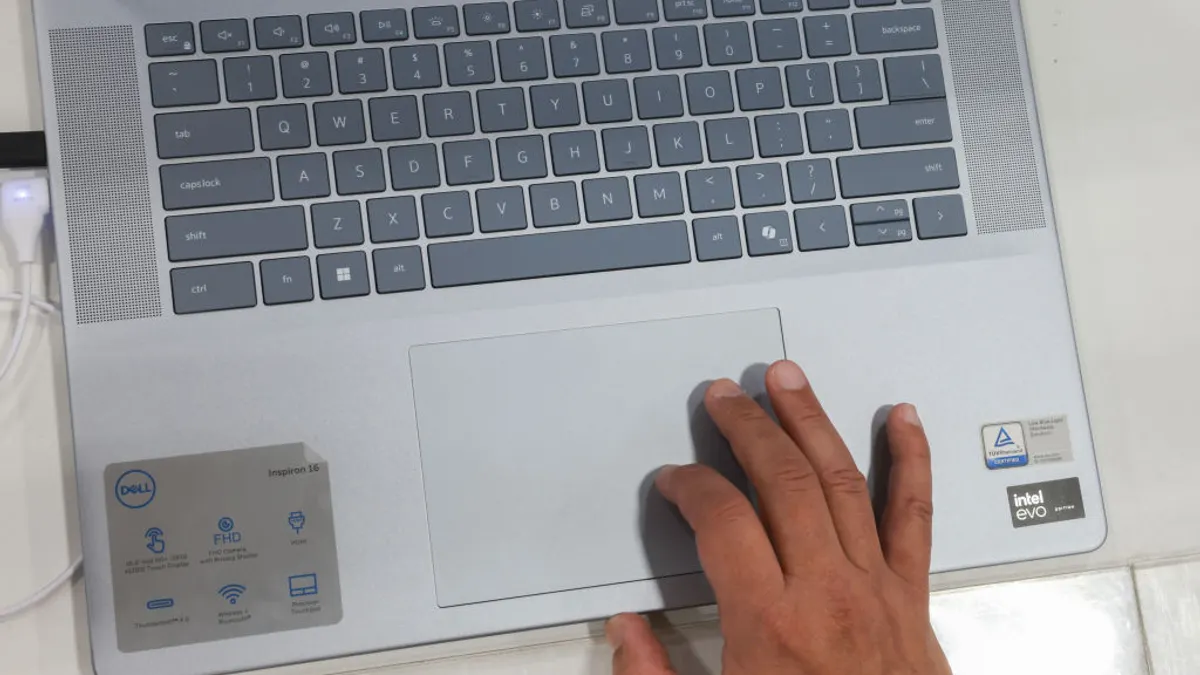Dive Brief:
- Enterprise adoption of AI PCs is slowing down, hindered by macroeconomic uncertainty and a fluid trade policy landscape, according to a Gartner analysis published Thursday.
- AI-ready computers will represent less than one-third of the global PC market by the end of the year, the analyst firm expects. The market share is down from the firm's earlier forecast of 43%.
- Despite the slowdown, Gartner projects AI PCs to represent more than half the market next year as enterprises look to deploy AI capabilities across their workforce.
Dive Insight:
AI-ready PCs landed slowly then expanded on enterprise inventories in recent years, driven by vendor efforts to facilitate the deployment of AI tools.
In 2023, there were just over 20 million units of these specialized computers shipped. This year, providers are on track to deliver nearly 78 million. Despite the increase, the number represents more conservative growth than the 114 million units Gartner forecasted last year.
Global trade spats and slower economic growth have hindered broader adoption of AI PCs, according to Ranjit Atwal, senior director analyst at Gartner.
“AI PCs are reshaping the market, but their adoption in 2025 is slowing because of tariffs and pauses in PC buying caused by market uncertainty,” Atwal said in the report. “Nevertheless, users will invest in AI PCs to ensure they are prepared for the growing integration of AI at the edge.”
By 2029, AI PCs will be the norm among hardware providers, the analyst firm expects.
Hardware providers have fueled the trend, lining up partnerships to bring AI PCs to the marketplace in a hurry. In May, Nvidia laid out plans to team up with Acer, ASUS, Dell, HP, Lenovo and other top hardware makers to begin delivering its DGX Spark PCs and DGX Station desktops in July.
Almost two years ago, Intel teamed up with computer manufacturers to offer its AI-ready Core Ultra processors. The company's Client Computing Group unit — which includes PC chipsets and processors — was its largest revenue generator during Intel’s most recent quarter, reaching $7.9 billion.
A push toward edge-based AI will have ripple effects in the software vendor landscape as well. By the end of next year, 2 in 5 software providers will invest in AI features that can run directly on PCs, up from just 2% last year, Gartner expects.














